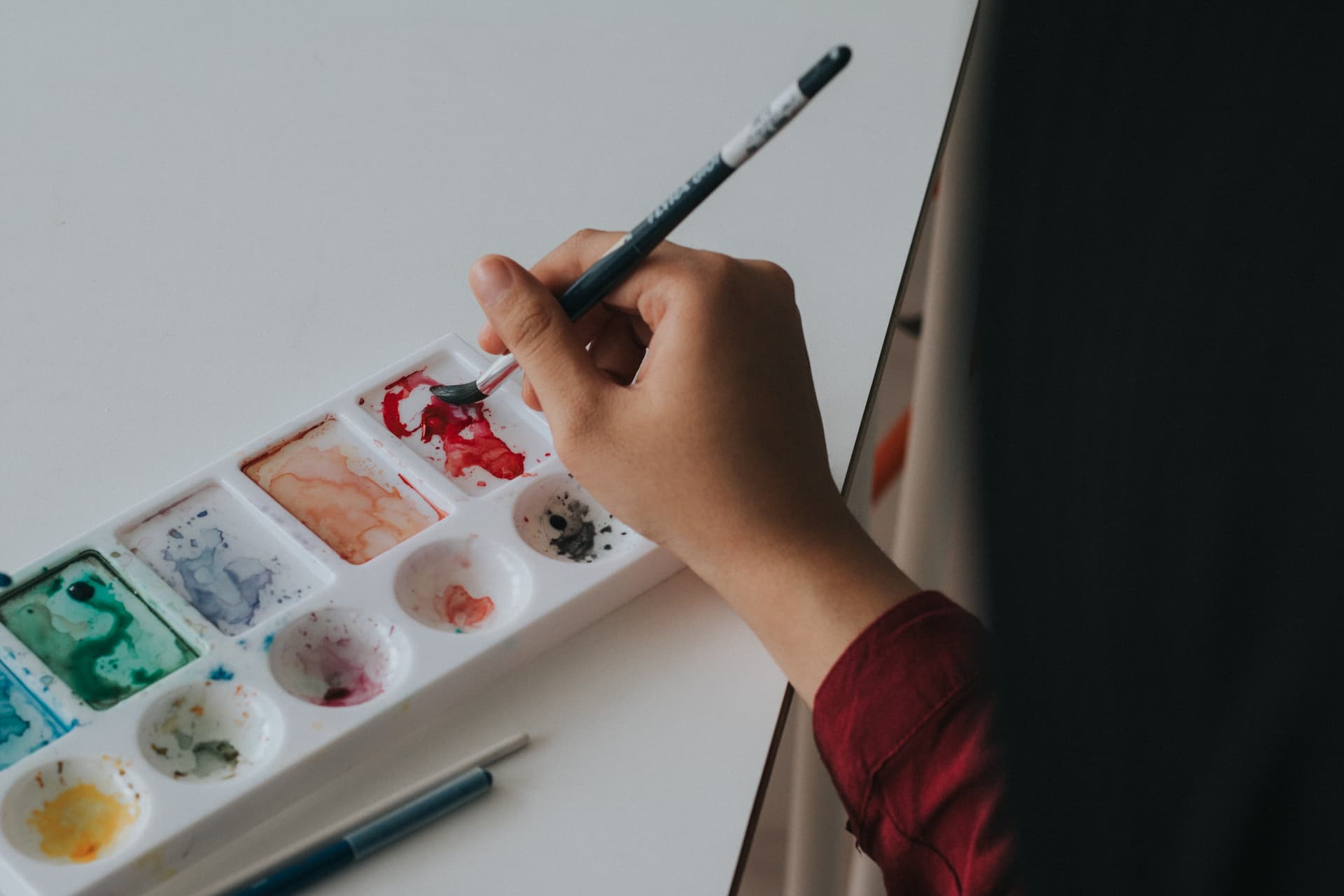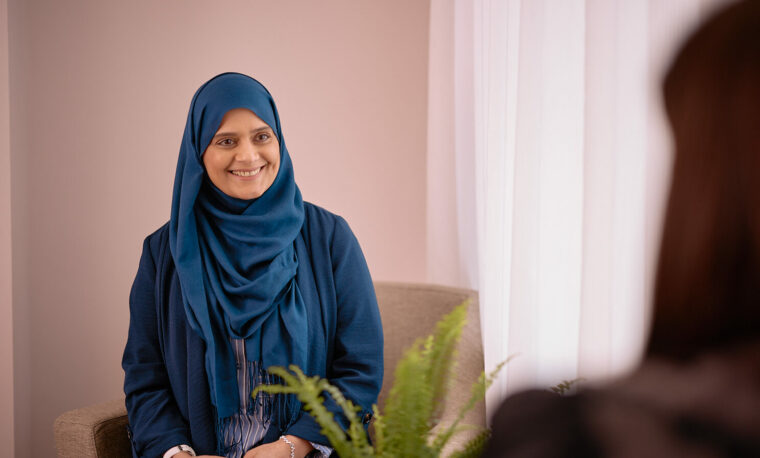Art therapy
Art therapy is an evidence-based tool that utilises the creative process to explore self-expression and communication. The goal of art therapy is to create personal pictorial expression rather than producing aesthetically accomplished pictures.
It has been proven to support many individuals suffering from a range of mental health issues. No artistic skills are required to engage in art therapy.
Whether participated in as part of a group or individually, art psychotherapy can help provide a tangible view into an individual’s healing process.
Art therapy at Nightingale takes place in the hospital’s recently refurbished art studio.
Benefits of art therapy
Benefits of art therapy can include:
- Stress relief
- Improved communication
- Boosted confidence
- Increased emotional expression
- Improved social skills
Types of art therapy
Different types of art therapy can include:
- Painting
- Colouring
- Drawing
- Collaging
- Photography
- Sculpting
- Claywork
What happens in art therapy at Nightingale Hospital
Each session a theme is selected based on the individual’s needs or the consensus of the group.
Individuals then work on their themed artwork in any of a range of media such as painting, drawing or sculpture.
The final part of the sessions involves discussion, reflection and sharing with the therapist and or group.
Art therapy at Nightingale Hospital
Art therapy is available at Nightingale Hospital in London in an individual or group setting. It can also take place in an outpatient, day patient or inpatient programme.
It is usually a fixture in all inpatient programmes at Nightingale Hospital, including treatment for mental health problems or addiction and eating disorders.
In addition to art therapy, Nightingale Hospital offers a range of other creative therapies including:
- Dance therapy
- Drama therapy
- Music therapy
Related conditions
- Anger problems
- Anxiety
- Anorexia nervosa
- Behavioural addictions
- Bereavement
- Bulimia nervosa
- Binge eating disorder (BED)
- Dual diagnosis
- Drug addiction
- Other Specified Feeding or Eating Disorders (OSFED)
- Gambling addiction
- Interpersonal difficulties
- Mood disorders
- Post-traumatic stress disorder (PTSD)
- Psychosis
- Stress
- Self-harm
- Schizophrenia
- Technology addiction








